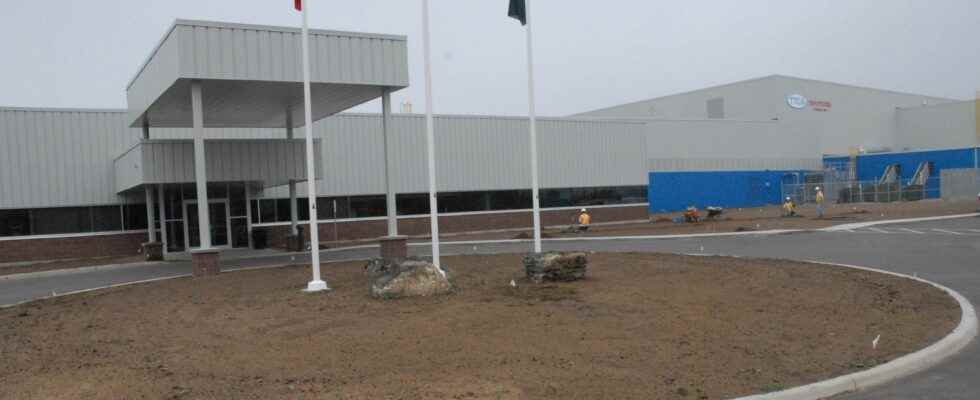Protests choking supply chains

The Toyotetsu auto-parts manufacturing plant in Simcoe is beginning to feel the pinch of supply-chain shortages arising from blockades at Ontario-US border crossings.
Charlene Ewing, assistant general manager of the plant on Park Road, says Toyotetsu’s 1,100 employees could notice the disruption as early as this weekend.
“Our teams are closely monitoring the situation and working diligently to minimize the impact on production,” Ewing said in an email. “While the situation is fluid and changes frequently, we expect disruptions through the weekend and we’ll continue to make adjustments as needed.”
Toyotetsu in Simcoe manufactures key parts that are used at Toyota assembly plants in Cambridge and Woodstock.
The most serious problem at the moment is the complete shutdown of the Ambassador Bridge between Detroit and Windsor. The bridge is the busiest border-crossing in North America with an estimated 7,000 trucks passing over it in a typical day. Truck traffic at the international bridge in Sarnia has also been disrupted.
“Toyota Motor Corp. said it will idle three plants in Ontario due to parts shortages caused by the bridge blockade,” Postmedia reported Thursday. “Factories in Woodstock and Cambridge make key models like the Lexus RX and RAV4 sports utility vehicle and will be down through Saturday.”
Truckers involved with the shutdown are seeking an end to mandates in both the United States and Canada requiring truckers who cross the border to be double-vaxxed for COVID-19. The trucker convoy began out west more than two weeks ago and has since attracted supporters who want an end to all extraordinary public-health measures related to the coronavirus.
“We’re working closely with the Prime Minister’s office and we’re hopeful that this can get turned around quickly,” said Scott Vazin, a Toyota spokesperson. “But it’s going to have a big impact on us, for sure.”
Ewing added that bottlenecks at the border aren’t the only problem. She said supply-chain issues related to COVID-19 and harsh winter conditions have also been an issue.
Ewing says Toyotetsu has flexible options for employees when there are manufacturing disruptions.
“We offer our employees three options during a production disruption,” she said. “They can use a paid vacation day, take an unpaid day off or come to work for their regular shift where they would be provided with training or other work.”
Toyota and Toyotetsu aren’t the only ones monitoring the border situation with interest. Reuters reports Ford and Chrysler plants in Ontario are also feeling the pinch as are General Motors assembly plants south of the border.
– with files from Postmedia and Reuters
